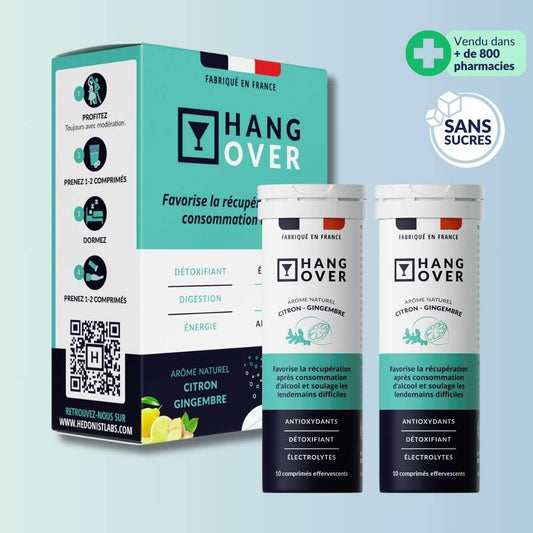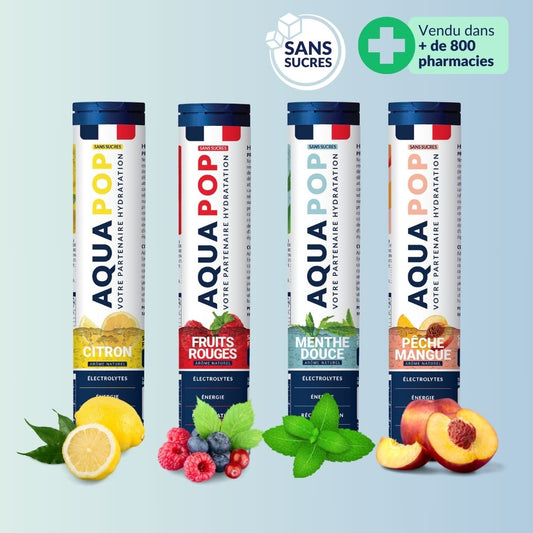What to eat the day after a night out?
After a drunken evening, it's common to suffer from certain symptoms associated with alcohol consumption. These include fatigue, headaches, concentration problems, nausea and digestive discomfort ...
Food, with the various nutrients it provides, can help your body alleviate this condition.
Best of all :
Fruits and vegetables are preferred for their high vitamin and mineral content.
For example, many vitamins have an antioxidant effect, helping the body to combat the toxic waste products of alcohol. They are also rich in electrolytes and water (such as potassium, magnesium, etc.), helping the body to rehydrate.
A protein intake will give the body access to all the amino acids it needs to properly eliminate toxic alcohol metabolites.
The main sources of protein are:
- Legumes (lentils, kidney beans, etc.) are also rich in carbohydrates.
- Meat
- The fish
- Eggs
What's more, these foods are also rich in B vitamins, which play an important role in the proper functioning of the general metabolism.
An intake of carbohydrates will provide the body with energy and help reduce fatigue.
Last but not least, an abundant supply of fluids is essential to combat severe dehydration.
Avoid:
As the body is already busy eliminating the toxic metabolites of alcohol, you should avoid meals that are too heavy and complicated to digest, such as junk food. In addition to putting a strain on the digestive system, these meals are generally poorer in vitamins and minerals.
Overly acidic fruit juices (such as citrus fruits) should also be avoided, as they can lead to heartburn.
Last but not least, alcohol is obviously a no-no when it comes to hangovers.
So eating well is an effective first step to recovering more quickly from your festivities. You can also combine diet and HANG-OVER, to minimize the effects of a hangover and have as good a day as you did at the party.




